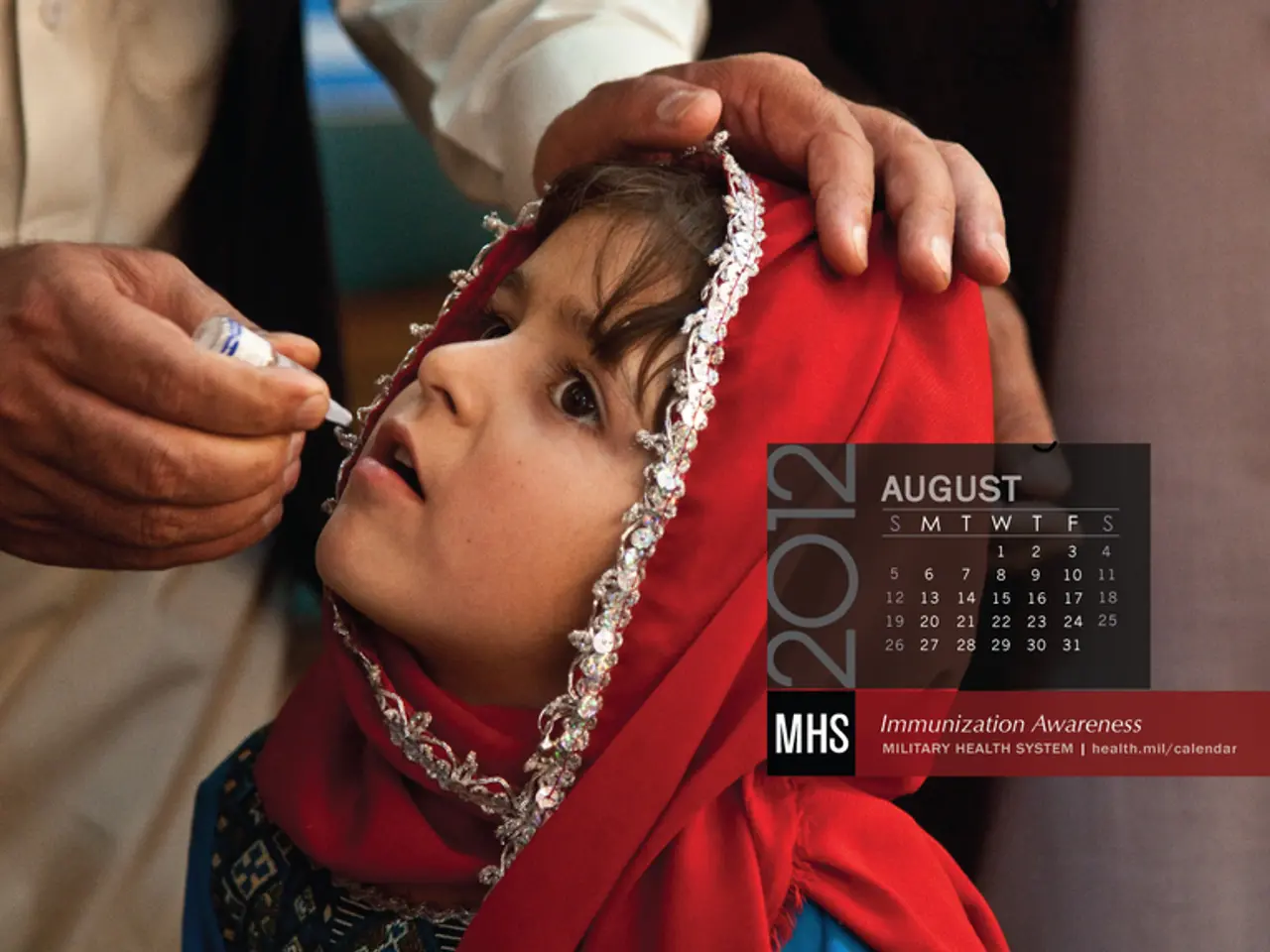Identifying Early Signs of Newborn Ailments in Nigeria
In Nigeria, timely recognition of abnormalities or deviations from the norm is crucial, particularly in the context of newborn health. A range of factors contribute to the high incidence of newborn illnesses in the country, including lack of clean water, proper handwashing facilities, and unsanitary living conditions.
Common newborn illnesses in Nigeria include respiratory infections, diarrhea, malaria, neonatal jaundice, sepsis, pneumonia, meningitis, and Respiratory Distress Syndrome (RDS). Symptoms to watch out for include difficulty breathing, coughing, fever, vomiting, diarrhea, poor feeding, lethargy, and yellowing of the skin or eyes.
Low birth weight, inadequate immunization, and poor nutrition during pregnancy can also increase the risk of newborn illnesses. Early detection of these illnesses ensures timely interventions, preventing potential complications and ensuring optimal outcomes for the infants.
Healthcare providers play a crucial role in educating parents about red flags, while parents also play a pivotal role as primary caregivers in identifying symptoms. Proper prenatal care is the foundation for ensuring a healthy pregnancy and preventing potential complications that can affect newborns.
To effectively initiate awareness programs educating remote Nigerian communities about newborn health and the importance of early recognition and prompt healthcare seeking for newborn illnesses, a multi-faceted community-tailored approach should be employed. This approach includes partnering with local government and NGOs, leveraging influential community leaders, using mass media tailored to accessibility, implementing outreach strategies in hard-to-reach areas, employing mobile technology messaging, prioritizing culturally sensitive breastfeeding promotion and education, and enhancing proximity and accessibility of healthcare services.
Skin-to-skin contact has numerous benefits for newborns, such as regulating the baby's body temperature, promoting breastfeeding, and strengthening the bond between the mother and baby. Recognizing and addressing these common newborn illnesses early is of utmost importance to ensure the well-being and proper development of Nigerian infants. Seeking immediate medical attention upon noticing any concerning symptoms is vital.
Despite the challenges in providing adequate healthcare for newborns in Nigeria, initiatives like the Niger State Government’s partnership with Georgetown Global Health Nigeria (GGHN) under the Integrated Maternal and Child Health Outreach (IMCHO) program demonstrate the value of strategic public-NGO partnerships in delivering targeted health awareness. By adopting a comprehensive and community-focused approach, it is possible to make significant strides in improving newborn health outcomes in Nigeria.
References:
[1] Niger State Government and Georgetown Global Health Nigeria. (2020). Integrated Maternal and Child Health Outreach (IMCHO) Program. Retrieved from https://gghn.georgetown.edu/programs/imcho/
[2] World Health Organization. (2018). Promoting, protecting and supporting breastfeeding. Retrieved from https://www.who.int/nutrition/publications/iyy/2018/en/
[3] World Health Organization. (2019). Vaccine hesitancy. Retrieved from https://www.who.int/news-room/fact-sheets/detail/vaccine-hesitancy
[4] World Health Organization. (2019). Reach Every Settlement (RES) Strategy. Retrieved from https://www.who.int/immunization/strategy/RES/en/
- In the case of Nigerian infants, it's essential to recognize and address abnormalities promptly, particularly with regards to newborn health.
- Beyond clean water and sanitary conditions, factors like low birth weight, inadequate immunization, and poor nutrition during pregnancy can increase the risk of newborn illnesses.
- Educating parents about red flags and promoting early recognition of symptoms is crucial for effective intervention, and parents, as primary caregivers, have a key role to play.
- Healthcare providers and local organizations can collaborate to employ a multi-faceted approach for increasing awareness in remote communities about newborn health and the importance of early medical attention.
- Proper prenatal care is foundational for ensuring a healthy pregnancy, preventing potential complications that affect newborns, and fostering a stronger bond between mother and baby through skin-to-skin contact and breastfeeding.
- Priority should be given to culturally sensitive breastfeeding promotion and education, prioritizing the well-being and proper development of Nigerian infants.
- Seeking immediate medical attention upon noticing any concerning symptoms, such as difficulty breathing, fever, or yellowing of the skin or eyes, is vital for optimal outcomes.
- Innovative strategies like public-NGO partnerships, community leadership, mass media, outreach in hard-to-reach areas, and mobile technology messaging can make significant strides in improving newborn health outcomes in Nigeria – as demonstrated by initiatives like the Integrated Maternal and Child Health Outreach (IMCHO) program.




